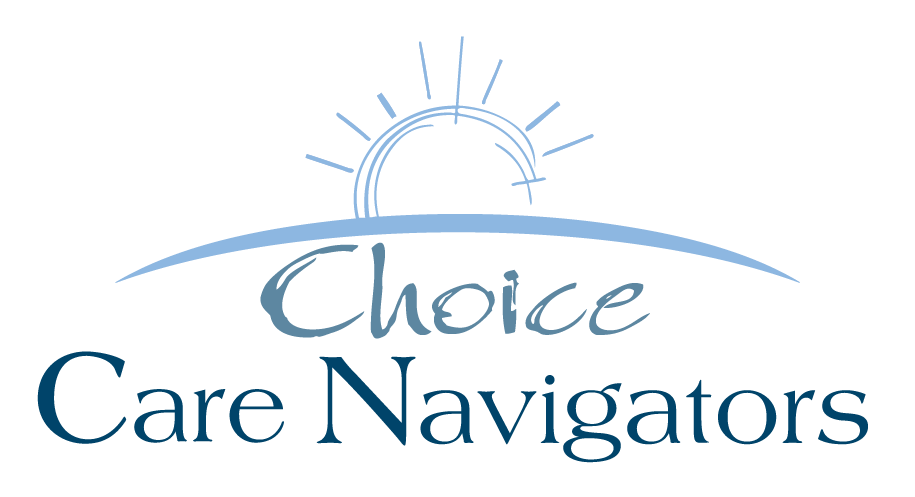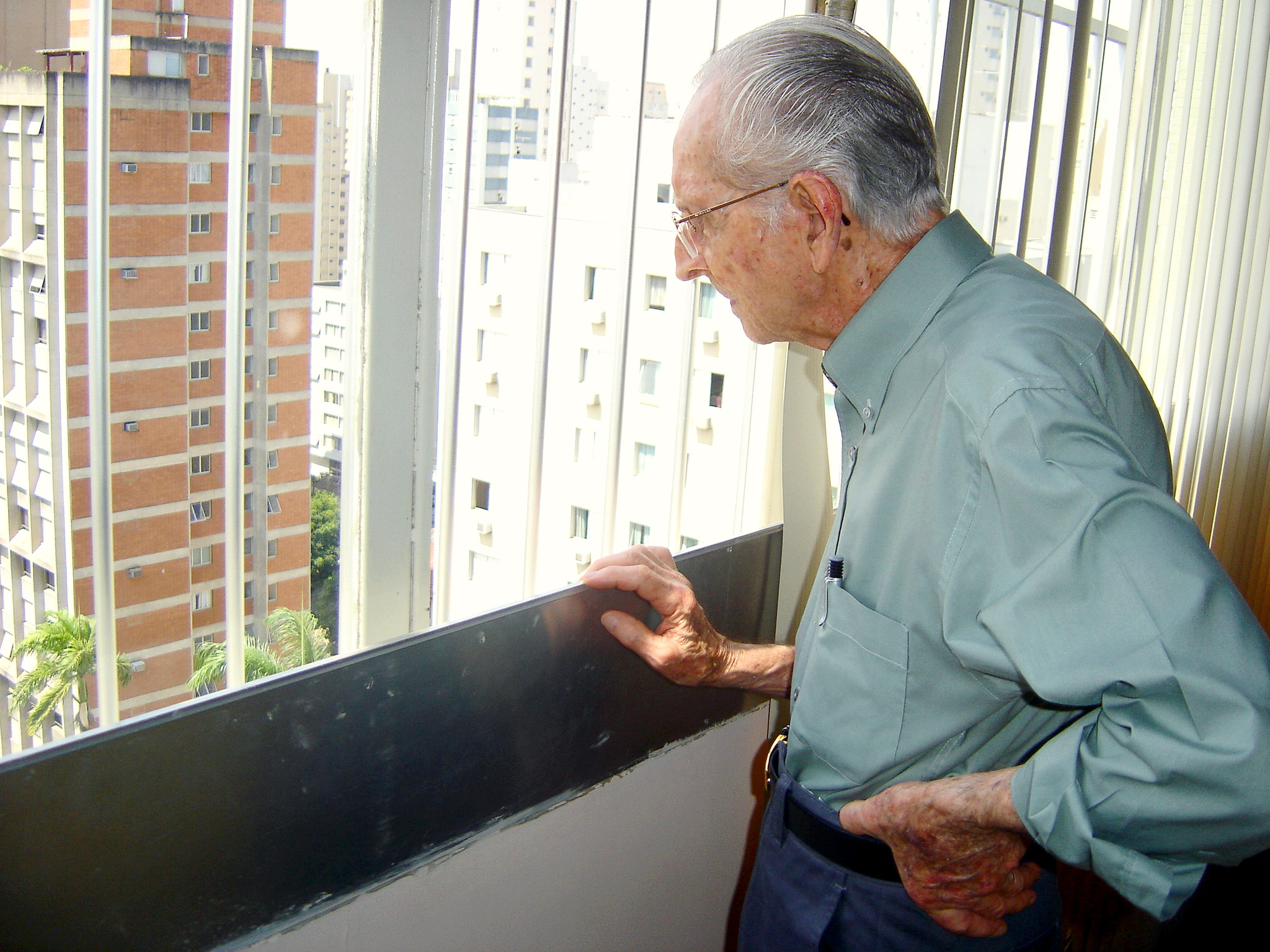Navigating Senior Healthcare- Part 3
Being a caregiver is tough. Dealing with the forms, advocating for your loved one and just trying to keep up with EVERYTHING. The mental and physical workload is draining. I asked a few caregivers:
What do you wish you had known about the task of caregiving before you started?
Here is what they had to say…
Doctors:
“Keeping track of doctors has been crazy. She has one General Practitioner, one for her pacemaker, one for her heart, then she has seen ER doctors, etc. I can’t keep them all straight.”
Medications:
“Keeping track of prescriptions has been difficult, because they have been prescribed for something and we are not always told what exactly. We should have kept a master list of her medications, but it would have been difficult. We don’t know how long she is supposed to be taking some things. Is she continuing to take medications when she shouldn’t? How would we know?”
“Trying to figure out drug interactions is impossible. We tried to do the research when something new was prescribed, but you try typing in six, seven or MORE medications to see the interactions. She takes 12 pills in the morning. There is no algorithm ready to handle that. And there is seldom a doctor visit when there isn’t an adjustment to the medications.”
Documentation:
“We should have kept notebooks with everything in it. One, so that we would have had a chance of keeping everything in one place. Two, to keep track of all the forms she has signed. I can’t guess how many she has signed that we don’t know about. This is the good and bad of her not having dementia. She can sign her own forms. But they may end up anywhere and us not know. Three, we can seldom predict what form she will need when. So having them all together would have been smart.”
Getting information:
“Given our distance away from our Mom, getting feedback has been next to impossible. Sometimes, we will not hear that she was given a new medicine. Worse has been the “daily updates,” she is better, she is worse, she is better, she is worse. It is an emotional roller coaster! Makes it hard to know how seriously to take any of the reports, short of ‘she only has 2 hours to live!’”
Sigh…
I don’t know about you, but I’m tired just reading about all that these caregivers are dealing with…and I’m not even the person doing it.
This mental workload can take a toll, with caregivers experiencing anxiety, loss of sleep, and time away from work to deal with caregiving responsibilities (Family Caregiver Alliance).
So what can you do to reduce the toll of caregiving?
If you are a caregiver or are thinking you might be a caregiver in the not-to-distant future, the number one thing you can do is PREPARE. If you’ve been reading my other blogs you know I sound like a broken record on this, but it is SO, SO, SO important.
Preparation and planning can help you avoid the pitfalls of not having the right form or having the doctor fill out the form incorrectly, or many of the other unexpected things that pop up when caring for a loved one.
For example, as one caregiver suggested, start making notebooks with copies of all the important documents. Keep one at your house, keep one at you loved one’s house, and make sure all the other important people (siblings, POA’s) have copies of these same notebooks within arm’s reach at all times too. The time used to do this will save you HOURS of searching (and probably cursing!) later on.
Another way to help keep up with things is utilizing the patient portals that many doctor’s offices are using today. These portals open direct lines of communication with the doctor’s office and can be very useful for family members who are far way and trying to keep up with their loved one’s diagnoses and prescriptions.
What tools or tricks have you used that saved time and energy as a caregiver? What do you wish you had known before you started? Tell us about it on our Blog or Facebook page!





